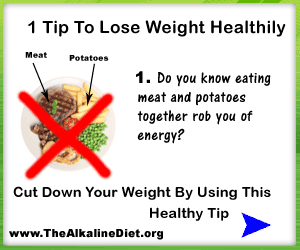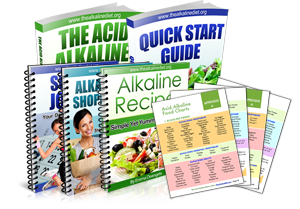Foods to Increase Your Blood Platelets Naturally
November 02, 2015
Foodviki
Tweet
Follow
Tweet


Foodviki
TweetFollowTweet




Platelets
protect you from losing too much blood when you get a wound. Found in your
blood, platelets are irregularly shaped and sticky with no color. When you get
injured, they congregate at the site and form a clot to halt bleeding.
Apart from
the medications that your health caregiver has prescribed, you must also
include the foods that protect your body from losing too much of blood when you
are wounded. Low blood platelet count occurs due to multiple reasons, including
medications, viruses, alcohol, genetics, diseases and pregnancy.
Pumpkin
Just like papaya, another orange colored
food, pumpkin is also known to be good at improving platelet count. Pumpkin is
rich in vitamin A, helps to support the development of the platelet and
regulates the proteins that are produced by the body cells . The
regulation of protein cells is highly important for elevating the amount of
platelets in the blood.
Prepare half glass of fresh pumpkin juice and
add 1-teaspoon honey to it. Drink this twice or thrice a day to get maximum
benefit. You can also include pumpkin in several other ways in your diet, such
as by adding it to baked goods, smoothies, stews, soups and puree.
Papaya
Papaya is the highly recommended fruit to be
consumed when the blood platelets are at low levels. Apart from eating the ripe
papaya fruit, you can also drink the concoction made from the papaya leaves
that is equally helpful in increasing the blood platelets. All you have to do
is boil the papaya leaves with water in a kettle, strain and drink the extract
twice a day. You can try consuming both the leaf extract and the papaya fruit
to increase the blood platelet count fast.
Beetroot
Beetroot is often recommended for anemic patients.
According to studies, one bowl of carrot and beets if taken twice a week helps
to increase the blood platelet count. You can drink juices of beetroot, eat it
as a salad or even prepare a beetroot soup.
Indian Gooseberries
Indian gooseberries also popularly known as Alma
are considered effective in increasing the production of blood platelets and boost
the immune system. For best results, take 3 to 4 gooseberries on an empty
stomach every morning. You can also take Alma juice as an alternate by mixing
it with honey. Drinking this mixture 2 to 3 times a day helps to increase the
blood platelet production. Alternatively, if you are looking for eating
something tasty, you can eat pickles and homemade jam made from the fresh
Indian gooseberries.
Pomegranate
The red diamond like seeds of pomegranate is
rich in iron just as all the red fruits and help to increase the blood platelet
count. Pomegranate is also rich in vitamins, helps you to gain resistance and
strength and fight low platelet related health diseases such as dengue fever.
Wheatgrass
A study published in the International
Journal of Universal Pharmacy and Life Sciences, 2011 edition, has said that
wheatgrass has been found to be beneficial in elevating the level of platelet
count. Rather, it has been observed that wheatgrass contributes significantly
in increasing the red blood cell, hemoglobin, differential white blood cell
counts and white blood cell.
It is because wheatgrass is rich in
chlorophyll and has a molecular structure almost similar to the human blood
hemoglobin molecule. Drinking a half cup of wheatgrass juice mixed with a few
drops of lemon juice daily helps to improve the platelet count.
Eat Your Leafy Greens
When you are injured, proteins are activated
to start a series of events to clot your blood and stymie the bleeding. These
proteins rely upon vitamin K to get the job done. Without this nutrient, you
can’t effectively clot blood and halt bleeding. The adequate intake for kale is
120 micrograms a day for men and 90 micrograms for women.
One cup of chopped kale contains 547
micrograms. Other sources of vitamin K include other green, leafy vegetables,
vegetable oils and parsley. According to the Linus Pauling Institute, there is
no known toxicity level of vitamin K; however, speak with your physician if
you’re taking medication, such as warfarin, before supplementing with vitamin
K.



























0 comments